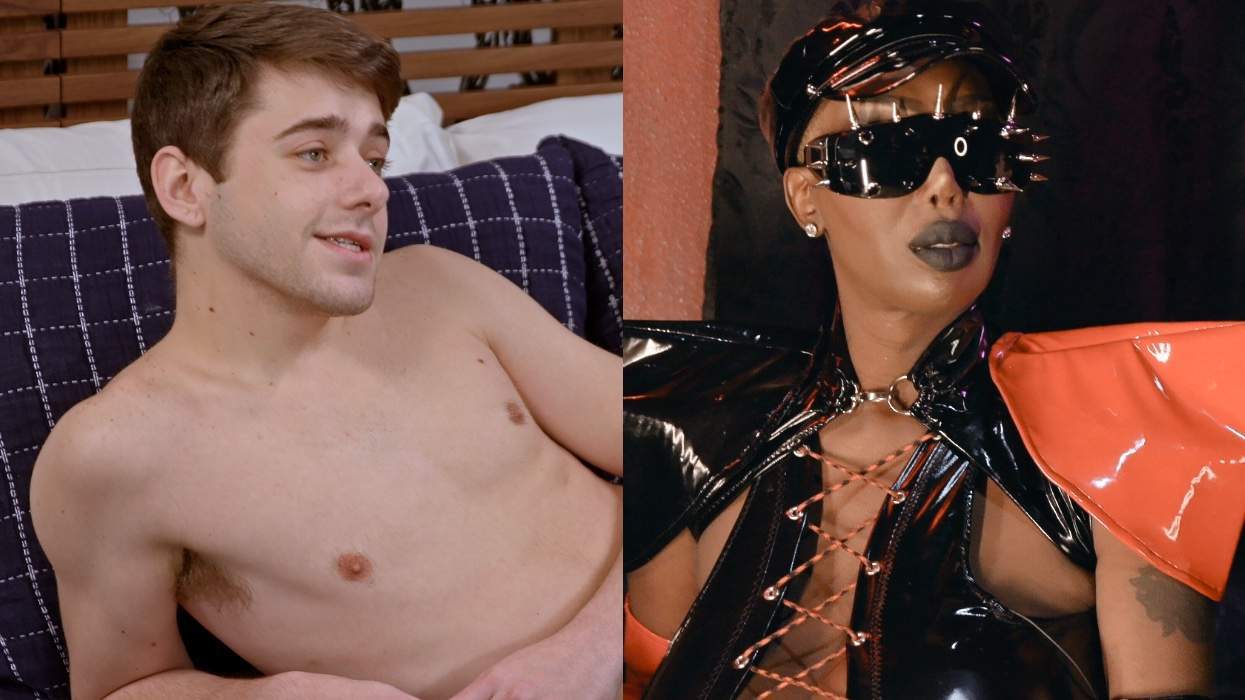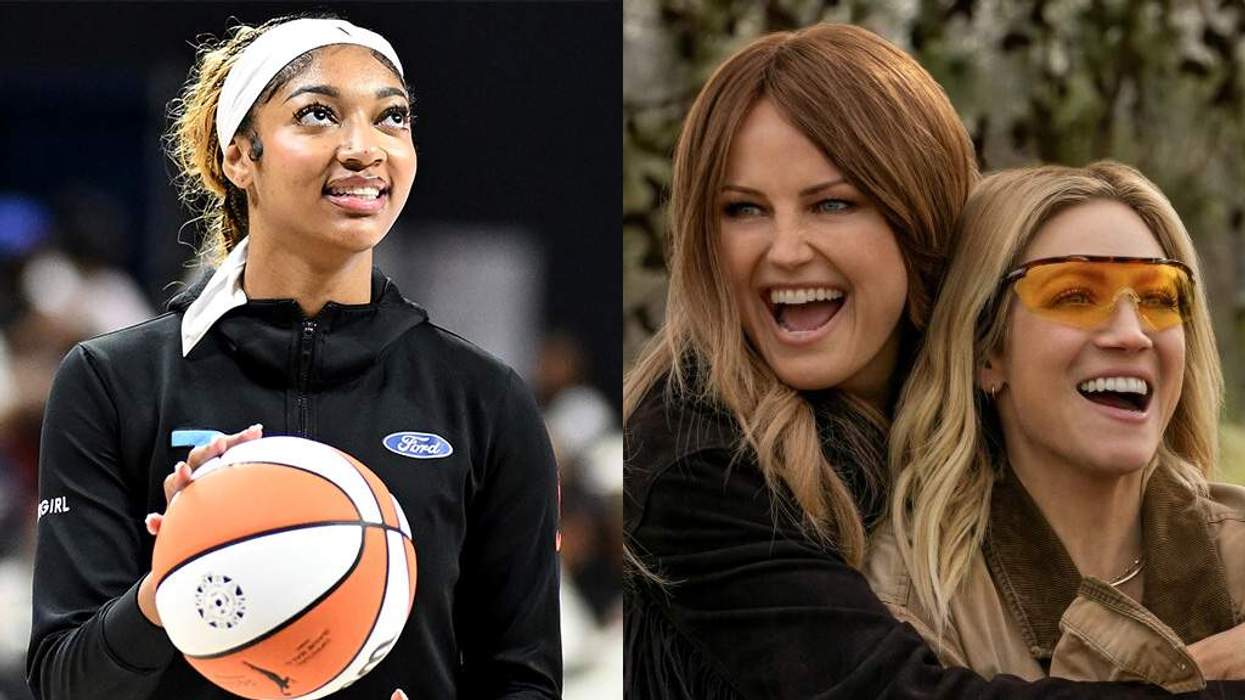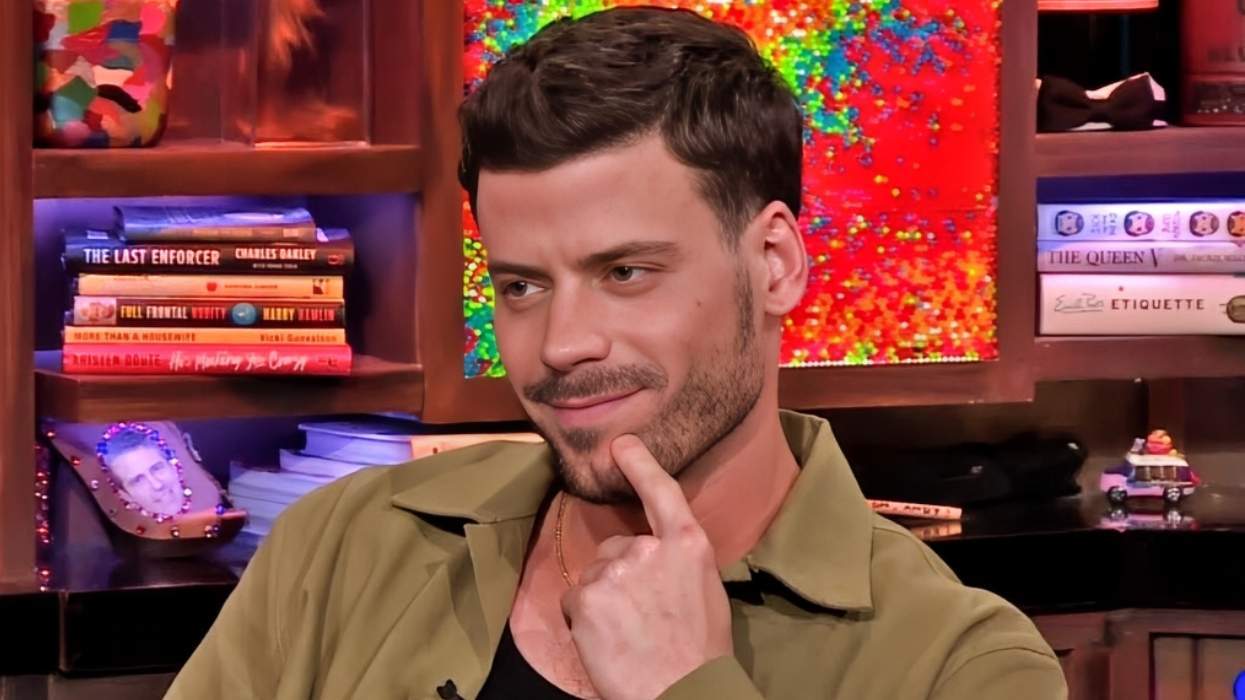Before exploring why 13 Reasons Why’s first season is dangerous, hypocritical, and recklessly crafted, we’d like to clearly state that, like its defenders, we agree that having realistic conversations about bullying and its consequences—including depression, self-injury, and suicide—is highly important. It’s necessary to dust off any taboos and explore in depth the complicated nature of these realities. Unfortunately, the shockingly popular Netflix series' attempt to tackle these subjects, while well-intentioned, ends up ranging from naively irresponsible to downright dangerous for its target audience.
Does everyone agree? Certainly not; the show (based on Jay Asher's 2007 novel of the same name) is extremely popular. But while we recognize viewers’ rights to enjoy and connect to the show, we’re owning our right to challenge it. And with the second season of 13 Reasons Why premiering soon, it’s time for the showrunners to address the issues that have disturbed many viewers and members of the suicide/crisis community. Here are nine tips from concerned viewers who want to see this show do good, and not harm.
Warning: There are spoilers, so tread carefully. This content will also discuss events and themes related to rape, self-injury, and suicide ideation.
1. Spend serious time exploring Hannah's mental health and why her choice to kill herself is not an example
While watching 13 Reasons Why, we had hoped that the 13th and final tape might be Hannah’s, in which she thoroughly and emotionally explains (maybe messily and somewhat incoherently, but honestly) her final feelings on what it will be like for her to die, her inability to cope with the world around her, and potentially the intrinsic depression she can’t turn off. Instead, the final tape goes to a guidance counselor who gave her unhelpful advice. But no matter how much she places blame on others and how terrible they really were to her, Hannah's death wasn’t a result of everyone else’s actions, but rather, her reaction to them, which warrants a discussion larger than the few moments that hint at the idea.
A particular missed opportunity comes in the final episode, when Clay confronts the school counselor about how Hannah's death is on their hands. The counselor, though consistently insensitive to many students, responds validly with, "If she wanted to end her life, we weren't going to stop her." When Clay challenges this, the counselor continues, "We can't know what was in her mind and her heart. There's no way to know why she did what she did." And he's right—no one can be responsible for someone's mental health besides, ultimately, the individual. Yet this incredibly important point is bulldozed by Clay "proving him wrong" and giving him the tapes, a rebuttal that immediately places blame back on others.
A common complaint surrounding 13 Reasons Why is that it “glorifies suicide.” While we don’t necessarily agree that it makes suicide look "glorious," per se, it does show exactly how it can be an option. The internet is rife with articles warning that this brand of "revenge suicide" might appear attractive to young people (and this Vulture article lays out some exceptional points), and it's not hard to see how 13 Reasons Why may offer some viewers with suicide ideation a potentially fulfilling road map, demonstrating how much they’ll be missed and how haunted their tormentors could be by their death. The reality is that the repercussions of suicide aren’t able to be seen and felt by the person who commits it. As much as the embodied memory of Hannah travels with Clay as he listens, the emotional aftershocks of her tapes can't offer Hannah validation when she's not alive to see her perpetrators learn their lessons.
2. Explore how Hannah's tapes employ the same bullying tactics she experienced
In Episode 2, the unlucky subject of Hannah’s second tape (outlining the second individual who is "responsible" for her death) is Jessica, a former BFF who dropped her over drama with a boy. Jessica’s slights to Hannah—including slapping her in public for essentially no reason—aren’t flattering, but the most disturbing thing about the tape unveils itself later in the season. Fast forward a few episodes, and Hannah witnesses another student rape Jessica. Jessica is traumatized by this event, and Hannah seems to sympathize with her. Shortly after, Hannah is raped by the same student in a shockingly graphic scene that's the subject of its own tape.
If we are to accept that these are the tapes Hannah really would leave (and we'll assess that in a moment), then Hannah's just blamed a recent rape survivor dealing with extreme trauma for Hannah's death because of an event that happened over a year prior. And Jessica isn't the only troubled target of Hannah's blame game. Other tape-recievers include a genuinely kind student (whom we follow through the show), a bullied and socially awkward loner, a closeted student battling her identity, and a boy who is physically and emotionally abused at home. In some instances, Hannah is well aware of her peers’ struggles, yet she drags each of them through the mud with starring roles in her tapes, intentionally revealing their secrets to others. Not only do their secrets spread, but her tapes sometimes go so far as to incite violence against her peers. While some of Hannah's targets are obviously horrible, many of these kids just made a mistake, and living/learning is part of growing up. Cementing their mistakes by attributing them directly to her death is a weighty decision that will haunt them forever.
Sure, there are moments where these concerns are addressed, but so far all critical dialogue has been buried in fleeting statements from the more unsympathetic characters. "Leaving those tapes? That's a fucked up thing to do. No one deserves that," says student Marcus Cole in the show during what seems like a moment of clarity. Unfortunately, Marcus is one of the more despicable characters who tries to assault Hannah in a crowded diner, and whose narcissistic behavior only escalates once the tapes emerge. By having Marcus make the primary case against the tapes, it's as if 13 Reasons Why is condemning the act of challenging Hannah and making a point that those who reject the tapes are simply selfish. Audiences have every right to equally question Hannah's choices without feeling guilty about it.
3. Don't manipulate the audience to fit a plot structure
After witnessing Jessica’s rape and being raped herself, it seems shady as hell that Hannah would leave her a tape drudging up year-old squabbles in the wake of her current trauma. Are we really supposed to sympathize with Hannah that her friends stopped showing up for coffee when we realize she's attacking someone whose sexual assault she witnessed?
The thing is...we're simply not supposed to know that yet. Jessica has the second tape, and at that point it's still a slow burn of "basic" bullying, including a compromising photo shared around the school and a friend group broken by relationship drama. Jessica's assault hasn't happened yet, as far as we know, and so we're still seemingly meant to sympathize with Hannah as she condemns those who wronged her at any level. The thing is, Hannah recorded the tapes all at once, so she very much knew about Jessica. She had not only seen the event but that Jessica was struggling to recover, and Hannah empathized with her in many ways. She even sent a second tape to the person she believed could have stopped Jessica's assault from happening. The Hannah Baker who left Jessica the tape she did isn't a fully formed character, but an inconsistent device delivering information far outside of her reality to fit the audience’s episode-by-episode experience.
For a show that claims to a moral necessity to show the (graphic, often triggering) "reality" of adolescence, they sure are comfortable bending reality when it's convenient for their narrative.
4. Don’t rely on harmful cliches in portraying rape and assault
In 1 3 Reasons Why, Hannah and Jessica are brutally assaulted by a teenaged boy who is an unapologetic serial rapist. This character's actions are depicted as deplorable and flatly wrong—as they should be. At the same time, Hannah’s friend Clay—the show’s main protagonist—earns himself a spot on the tapes essentially for not forcing his love on Hannah enough. The defining moment comes after a drunken bedroom hook-up when Hannah, too traumatized from past betrayals to accept Clay’s affection, bursts into tears and demands repeatedly that he leave her alone. He leaves, subsequently blaming himself for the death of the girl he loves. Sure, a character reminds him that he did what he should have by adhering to Hannah's demands, but it's not hard to see how this moment might inspire others not to make the same "mistake" Clay did by leaving her alone.
When teen boys watch 13 Reasons Why, they’re unlikely to see themselves in Bryce, the irredeemable serial rapist. They’re probably more likely to see themselves in Clay, the well-intentioned nice guy who’s just trying to navigate the challenges of high school: being “cool,” going to parties, talking to your crush. These are exactly the young men who need to learn that no means no, with no room for negotiation or reinterpretation. Whether you’re a nice guy like Clay or a mean guy like Bryce, failing to respect a woman’s boundaries isn’t romantic and can have devastating results. Season 2 should do them all a favor by clarifying.
5. Tone it down.
If you’ve watched the show or made it this far in this article, you’ve probably realized that 13 Reasons Why makes a point of really "going there." It’s not enough that Jessica blames Hannah for her breakup, she needs to slap her in a crowded coffee shop. It’s not enough for Courtney to expose Hannah’s identity in an embarrassing photo, she needs to fabricate a laundry list of Hannah’s sexual behavior in other situations. The basic premise of Hannah's injustices piling up until she's got a TV series worth of "reasons" itself is a red flag. The reality is, people in Hannah’s position don’t have to live out every Degrassi plot line to feel like they might want to die. Many suicidal individuals don't need 13 tangible, documentable reasons; they might have just one. They might not even be able to articulate their reasons at all. With a little nuance and care put toward a more honest teenage experience, the show can honor the complex nature of suicide ideation by creating real characters with fully-formed mental states rather than long-suffering victims of circumstance. Unfortunately, with a school shooting/mystery suicide cliffhanger capping off Season 1, subtlety doesn't seem to be the natural next step.
6. Explore self-injury and the realities surrounding it
In trying to make a statement on bullying, 13 Reasons Why creates several more malformed interpretations of concepts it doesn’t have the time and energy to explore. This is never more apparent than in Episode 10, when Clay realizes his former friend Skye cuts herself, grabbing her wrist and criticizing her for the wounds. She responds that cutting is "what you do instead of killing yourself. Suicide is for the weak."
We wanted to give the show more credit and waited for some follow-up feelings on self-injury. Surely they’d make time to really break down the emotional reasons behind those behaviors. Surely Skye would return to discuss the positive and negative effects she feels by using self-injury as a coping mechanism in the intricate detail it deserves. The show wouldn’t possibly leave its many young, likely impressionable audience members with the idea that if they’re considering suicide but are unsure or scared, they can consider self-injury as an alternative. For a show that claims to champion mental health, it's unbelievable to see self-injury relegated to the sidelines, discarded and discounted in a single questionable statement. For those looking for the elaboration this topic deserves, this USA Today article is worth a read. This piece does support the validity of Skye's statement, but we still insist viewers deserve more. Hopefully Season 2 realizes that too.
7. Acknowledge the validity of professional concerns surrounding the show
Since the first season’s March 31st premiere, countless trained professionals who dedicate their lives to preventing suicide, treating depression, and preventing bullying have spoken out against the show’s harmful portrayal of these sensitive issues and the potential for triggering the vulnerable audiences it attempts to engage. While there has been criticism from several qualified experts, licensed therapist Kati Morton’s video is especially enlightening for those looking for a basic rundown of the show's misgivings.
Rather than engage thoughtfully with these observations, the creative team seems to be staying largely on the defensive. “Many people are accusing the show of glamorizing suicide and I feel strongly—and I think everyone who made the show—feel very strongly that we did the exact opposite,” states producer/series creator Brian Yorkey. When confronted about backlash, executive producer Selena Gomez insisted they were true to the book and that “It’s not an easy subject to talk about," apparently sidestepping the noted concerns.
A particularly interesting response came in the form of a Vanity Fair op-ed from writer Nic Scheff about his own suicide attempt and how passionate he is about showing the realities of suicide in the show. However, Nic’s experience, while intense, is incredibly different from Hannah’s. Nic describes a "miracle" revelation that prompted him to seek help mid-attempt, but Hannah didn’t have such a miracle. Hannah's was an act of unflinching finality, offering none of the inspiration that could come from individuals who live to tell their story of survival.
Mental health professionals are interviewed in the behind-the-scenes installment “Beyond the Reasons,” so clearly some research was done. However, the existence of this curated, Selena Gomez-starring TV special doesn’t discredit the valuable input of other concerned professionals, and to ignore the outcry from the likes of Headspace, the National Association of School Psychologists, and The Society for the Prevention of Teen Suicide is willfully and dangerously ignorant. We hope some soul searching (and further research) is done before hitting the writers' room for a second season.
8. Provide consistent trigger warnings before every episode
Netflix announced that it would be including more trigger warnings before episodes of 13 Reasons Why, and while it’s better late than never, these essential communications were often notably absent from the season’s viral release. While the show trigger warns scenes of rape and suicide, there was no pre-show warning for several episodes featuring sudden hallucinations of Hannah with her wrists slashed, bleeding out (you can catch a detailed outline of all potential triggers in the first comment of Kati Morton's video, if you need it). While we're glad that Netflix is revisiting its trigger warnings, the belated decision shows an initial disregard for how their audience members could be affected by the graphic content the writers feel is necessary to portray. If the point is to shock audience members into the reality of suicide as an option, it's safe to say some subset of the audience is already painstakingly aware, and they needed consideration from the start.
9. Explore coping mechanisms and provide guidance and resources for self-care
As this Teen Vogue piece details, another downfall of this show is its emphasis on what not to do rather than what viewers actually can achieve to make a difference for others and themselves. The show spends so much time hammering into bullying behavior (basically by telling us, “It’s bad! Stop!”) that it doesn’t offer adequate space for Hannah to attempt to seek help for herself, aside from that ill-fated counselor visit. It’s one thing to blackmail bullies into a behavioral change, but the show doesn't show the option kids could have of reaching out for sources of support, contacting lifelines or textlines, seeking counseling and, if that counselor doesn’t feel right, shopping around for another counselor.
This neglect to offer productive, potentially live-saving tools is never more glaring than in a scene where a teacher is about to offer her students resources for depression and suicidal ideation during class, but Hannah's tape narrative immediately cuts away to a new scene. With no post-show follow-up or PSAs (and I don't count "Beyond the Reasons," which is listed as a separate program), any viewer who may have benefited from this dialogue is left in the lurch. If the show thinks it's "realistic" to show Hannah's graphic suicide, they need to show up for the people who are affected by that realism at every possible moment.
Initially, we hoped the show wouldn’t see a second season. We wanted the dangerous narrative to stop, and at best, create a platform for families, schools, and kids to sensitively discuss the ways in which the show comes up short and why its portrayals are unhealthy. Now, we can only hope that a perhaps inevitable second round of Reasons can learn from the mistakes it made in the past, create believable narratives for its characters, and offer clear, constructive support for vulnerable individuals in need. With a future likely ahead of them, the team behind this show, much like the characters in it, have a valuable opportunity to help people—and, after all, isn’t that the whole point?
*And because it is always necessary, here's a link to resources if you or someone you know is in crisis:
https://www.katimorton.com/counseling-and-prevention-resources/


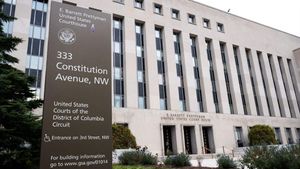



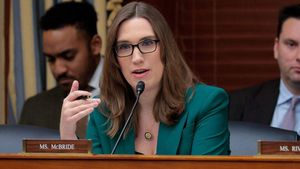
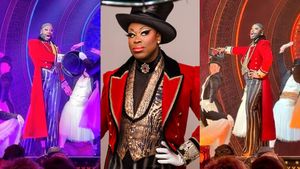



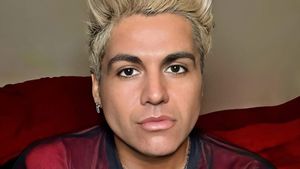
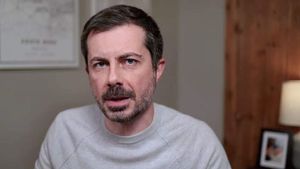
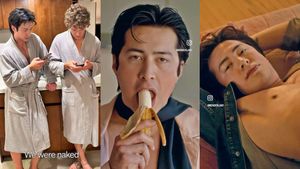

















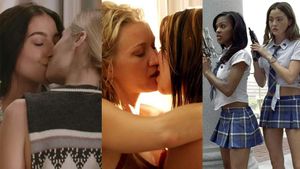



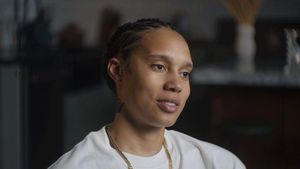









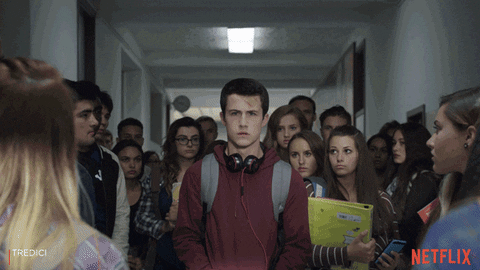

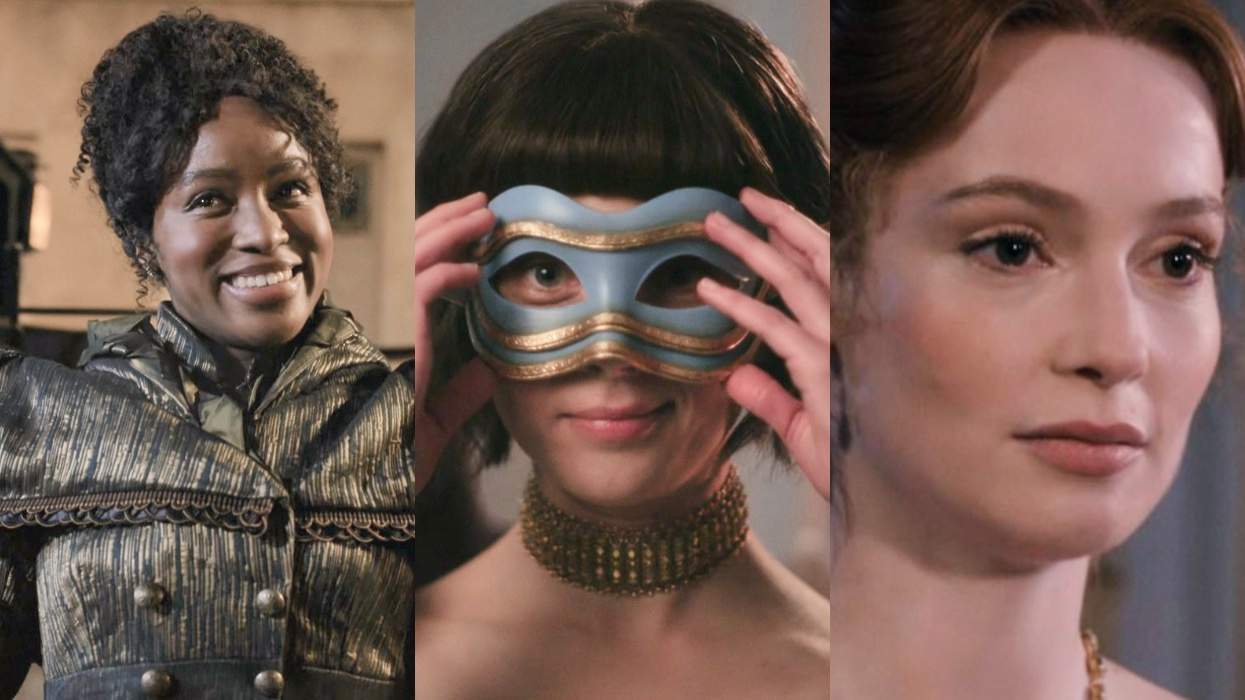
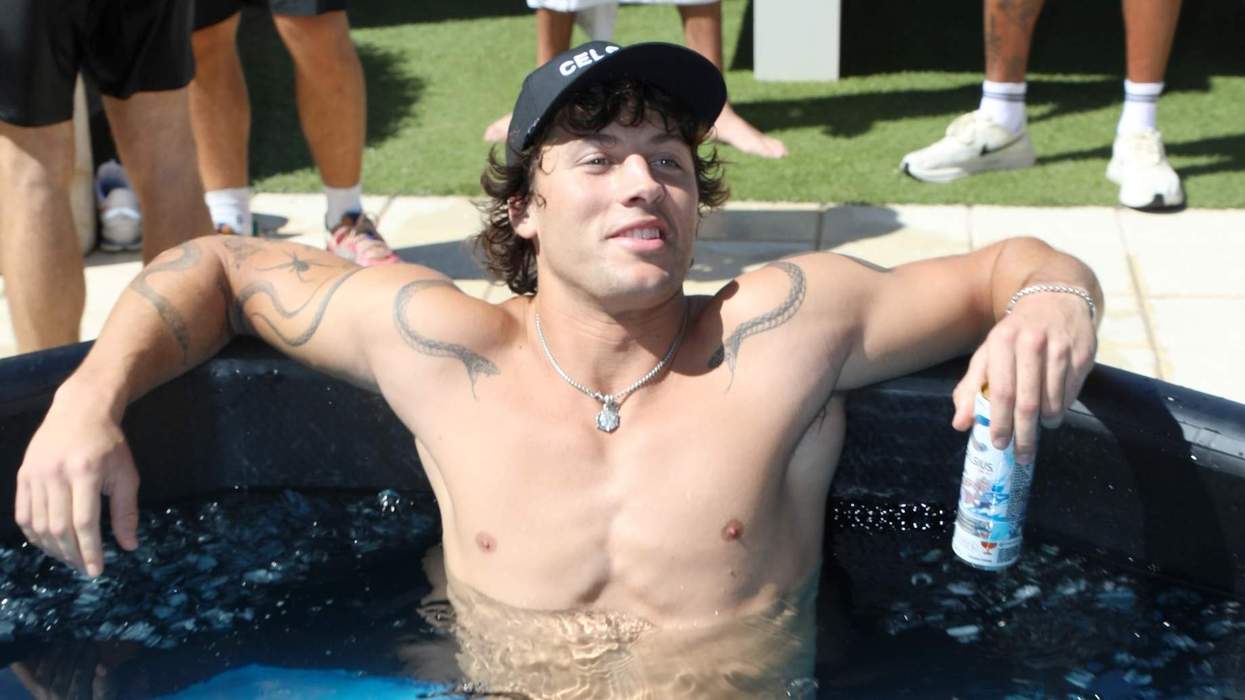
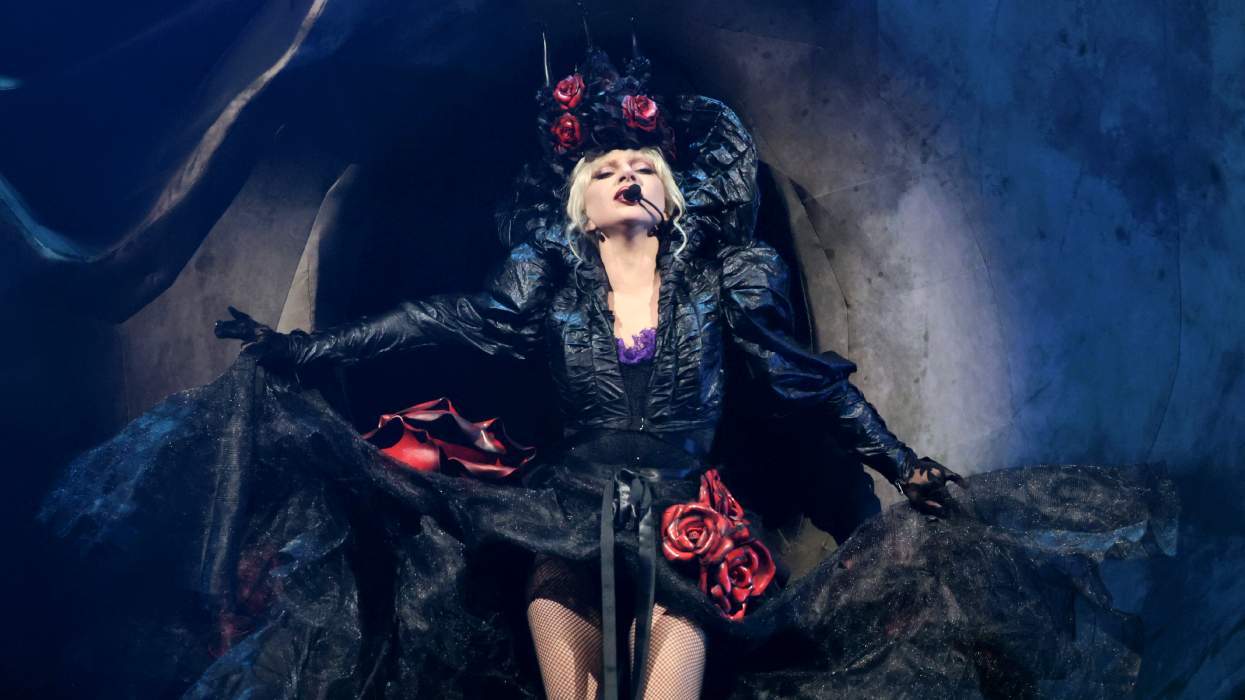





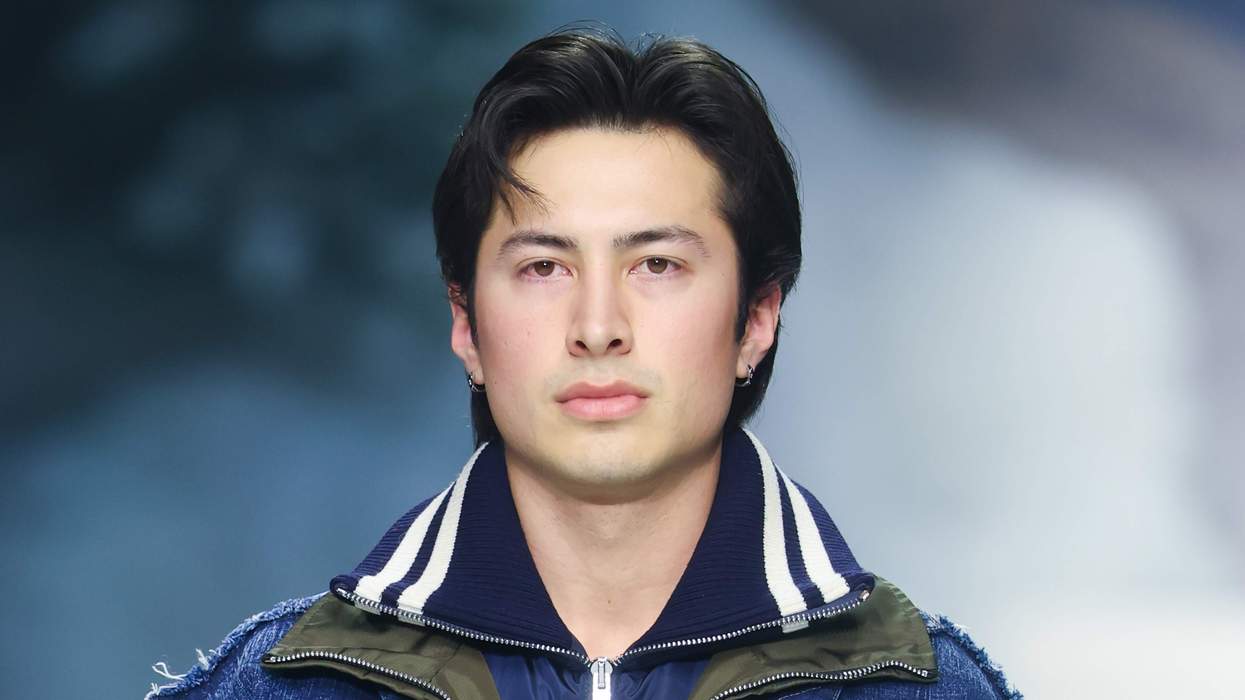
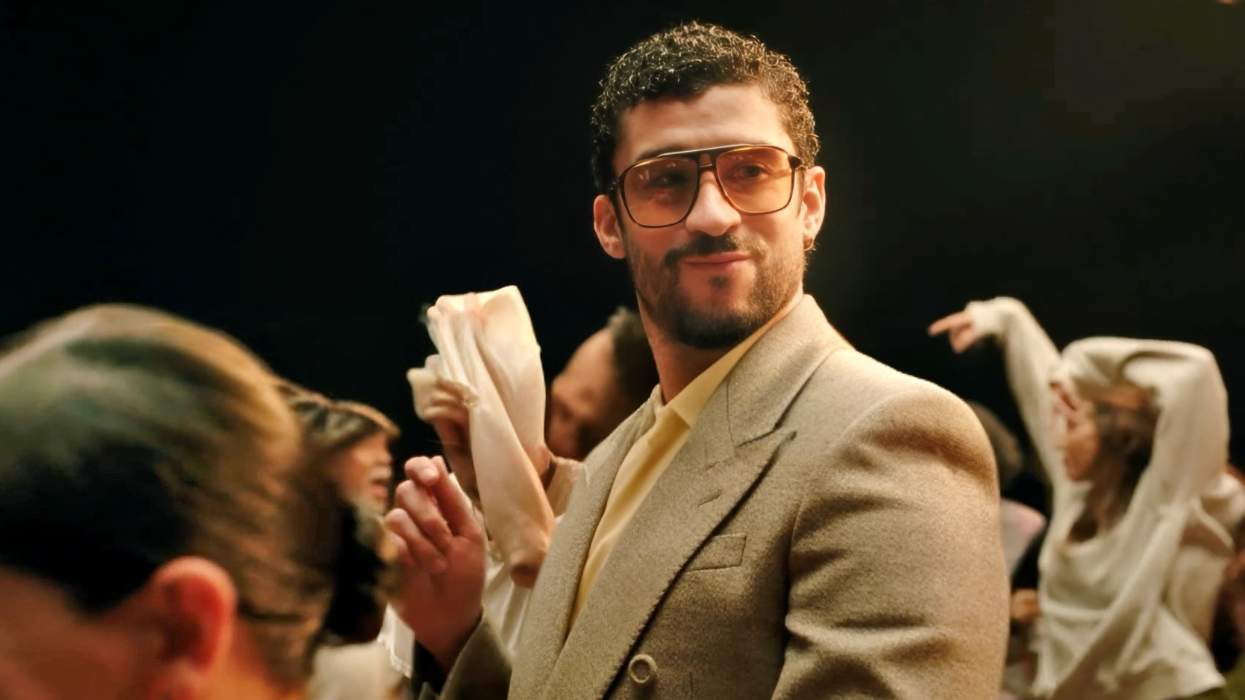
 Charlie Puth, Brandi Carlile, Coco Jones, and Green Day announced as performers for the 2026 Super Bowl.
Charlie Puth, Brandi Carlile, Coco Jones, and Green Day announced as performers for the 2026 Super Bowl.